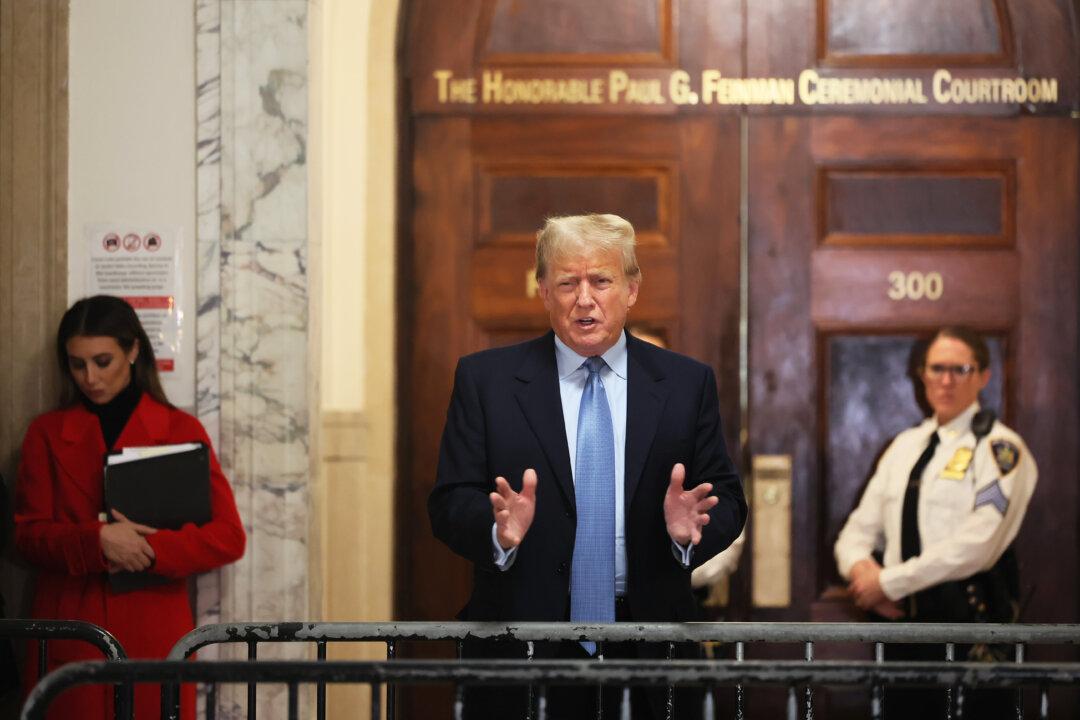Commentary
The Tax Cuts and Jobs Act of 2017 (TCJA), passed during the Trump administration, lowered corporate taxes and reduced household tax rates. It’s scheduled to expire at the end of 2025.

The Tax Cuts and Jobs Act of 2017 (TCJA), passed during the Trump administration, lowered corporate taxes and reduced household tax rates. It’s scheduled to expire at the end of 2025.